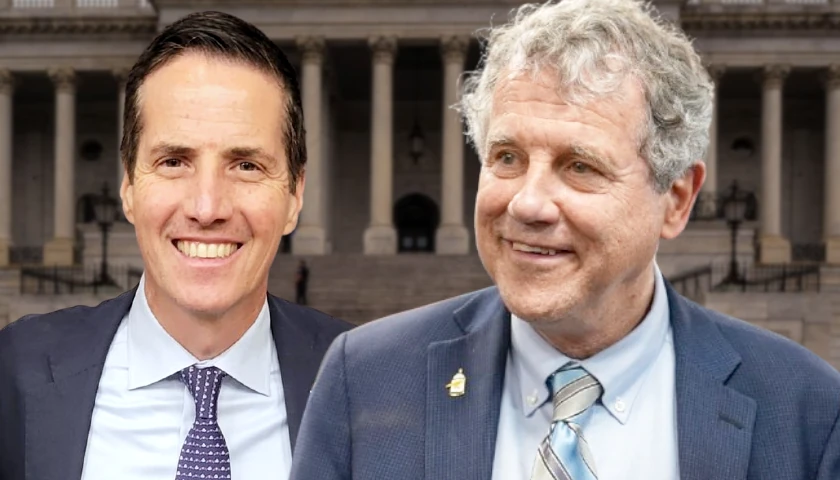Ohio Governor Mike DeWine is attempting to double the tax rate from 10 percent to 20 percent just over a month after sports betting became legal in the state. This increase is part of his biennial executive budget plan for the 2024–2025 fiscal years.
The budget doubles the tax on sports wagering that casinos and teams operating mobile sportsbooks must pay. A Bloomberg Tax analysis shows that the tax is just a little bit higher than the average 19 percent levied by other states.
The money would go towards paying for extracurricular and athletic programs at schools, as well as to combat problem gambling in the area and cover administrative costs associated with regulating sports betting, such as keeping an eye on the advertisements for sports betting applications.
A spokesman for DeWine stated that the tax increase and other sports betting reforms in the budget proposal concerning promotional credits and threats against athletes are due to some operators and customers who engaged in unlawful sports betting during the first month of Ohio’s legalized sports betting.
Since their debut, DraftKings, Penn Sports Interactive, and BetMGM have all incurred thousands of dollars in fines for running advertisements that suggested risk-free betting or bonus offers and for targeting underage individuals.
Ohio is serious about upholding the laws approved by the Ohio General Assembly, according to Dan Tierney, the governor’s press secretary, who said that the action is “part of the package designed to encourage better compliance with the rules.”
DeWine’s budget also restricts the use of the terms “free” or “risk-free” when referring to promotional gaming credits and directs the state’s regulator to bar bettors who threaten violence or harm against anyone involved in sporting events, if the threat is related to sports gaming.
Tierney said that the proposed sports betting changes in the budget are meant “to encourage a marketplace where the rules and the spirit of the law are better followed.”
State Representative Bill Seitz (R-Cincinnati) told The Ohio Star that he “would be very surprised” if lawmakers included the sports wagering tax in the House’s budgeting bill. He said that he disagrees with the idea and believes that a low tax rate encourages legitimate gaming through licensed organizations.
“The fact of the matter is that sports betting has been legal in Ohio for less than 2 months and it is far too early to begin talking about adjusting a tax rate that we deliberately set at a low level in order to induce sports bettors to depart from the illegal books through which they may have been betting before and instead bet with the regulated and licensed sports betting entities that we now have. While it is true that there has been a plethora of sports betting advertisements, this is not surprising because we authorized numerous competitors to operate in this space and they are all scrambling to establish a customer base now that the program has gone live. I suspect that that will begin to subside and that the weaker competitors will give way to the stronger ones over the next few months,” Seitz told The Star.
Eric Schippers, senior vice president for Penn National Gaming, echoed Seitz and said that a tax hike would have “a negative impact on this nascent industry in Ohio.”
DeWine collaborated closely on sports betting legislation for 2021 with Senate President Matt Huffman (R-Lima) and Senator Kirk Schuring (R-Canton). He agreed to the bill’s 10 percent tax rate when he signed it in December 2021.
At the time, the projected legal betting numbers for Ohio residents were between $9 billion and $12 billion per year.
Since then, New York has broken records by bringing in $693 million in sports betting taxes in its first year of operation. The nation’s highest sports betting tax rate is 51 percent in New York.
Ohio sports betting just launched on January 1st. The Ohio Casino Control Commission said it will release revenue figures for the first month at the end of February.
For Ohio to boost its sports betting tax, the governor would need the support of both the House and the Senate. This week marked the start of the review of DeWine’s budget by the Ohio House Finance Committee, in a process that will last until the end of June.
– – –
Hannah Poling is a lead reporter at The Ohio Star and The Star News Network. Follow Hannah on Twitter @HannahPoling1. Email tips to [email protected]
Photo “Mike DeWine” by Governor Mike DeWine. Background Photo “Horse Racing” by Absolute Charm.





